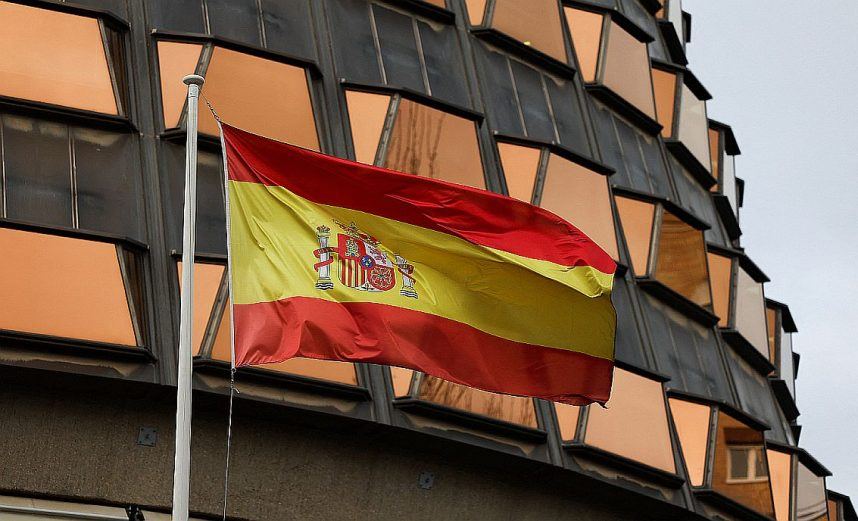Spain’s Gambling Ad Ban Moves Forward After High Court Rejects Hearing
Posted on: November 27, 2023, 10:53h.
Last updated on: November 27, 2023, 11:04h.
When Spain’s former Minister of Consumer Affairs, Alberto Garzón, introduced a law to prevent gambling advertising, the result was a legal battle over the constitutionality of the law. At the end of last week, the country’s Constitutional Court was ready to face that fight but decided that there’s no issue to address.

The Spanish Association of Digital Gaming (Jdigital) requested a review of the regulation. It argued for more than a year that the regulation tried to control an aspect of the industry that was beyond federal legislative oversight.
As such, it believed the introduction of a gambling and betting advertising ban would be unconstitutional. The law ultimately became known as the Garzón Law, named for one of the many limitations he enacted on the gambling industry before he left office last week.
Spain Closes a Loophole
The article regarding gambling advertising was part of Law 13/2011, which Spain has updated several times. Article 7.2 of the bill, added last year, prohibited all advertising, sponsorships, and promotion of gambling without proper authorization. Implementing it was left up to the corresponding regulators, including Spain’s communications and gambling authorities.
Jdigital had asked the Supreme Court to review the law because it believed the ban could only be addressed through legislation, not regulation. It argued that the language affected the essential core of business freedom and legislative powers.
After Jdigital submitted its appeal to the court, the Supreme Court superficially agreed. However, before the decision reached the Constitutional Court, Spain’s lawmakers closed the loophole when they enacted Law 23/2022.
This modified Law 13/2011 and introduced a new article, 7 bis, that contained regulatory guidelines for the advertising of gambling activities. In doing so, Law 23/2022 now provided the specific details on regulatory controls that would give the regulators the authority they needed.
As a result, the Constitutional Court unanimously ruled that Jdigital’s appeal no longer held any validity. Therefore, it was as if the appeal never existed.
Moving Forward
Jdigital and the Association of Media and Information, which supported the appeal, don’t have much recourse at this point. They will have to work within the new framework, which will come into force early next year.
Garzón’s exit led to the arrival of Pablo Bustinduy, a former politician and lifelong academic, who took his place. When the transition was announced last week, Jdigital said it was ready to work with the head of the new Minister of Social Rights, Consumption, and Agenda 2030, the government agency that replaced the Ministry of Consumer Affairs.
It’s unlikely that Bustinduy will try to turn back the clock as most of the regulations Garzón put into place are now part of gambling law. However, Jdigital hopes it, and other industry players, will play larger roles in shaping the country’s gaming ecosystem.
That could include input on the promulgation of the Royal Decree on Responsible Gaming Environments, Spain’s new major gambling reforms. Those reforms include limits on how much players can lose gambling online each week, with different age groups able to lose different amounts. There’s also a new player monitoring system in the works, which should be ready sometime next year.
The legislation covers virtually everything Spain believes it needs to address in order to provide strict gambling protections. It’s what Garzón has proudly referred to as the toughest surveillance of gambling operations in Europe.
Related News Articles
New Gambling Regulations Arrive in Galicia, Spain
Spain’s iGaming Operators Face $50M Fines For Violating New Rules
Most Popular
Mega Millions Reportedly Mulling Substantial Ticket Price Increase
NoMad Hotel to Check Out of Park MGM on Las Vegas Strip
Most Commented
-
End of the Line for Las Vegas Monorail
— April 5, 2024 — 90 Comments -
Mega Millions Reportedly Mulling Substantial Ticket Price Increase
— April 16, 2024 — 9 Comments -
Long Island Casino Opponents Love New York Licensing Delays
— March 27, 2024 — 5 Comments
















No comments yet